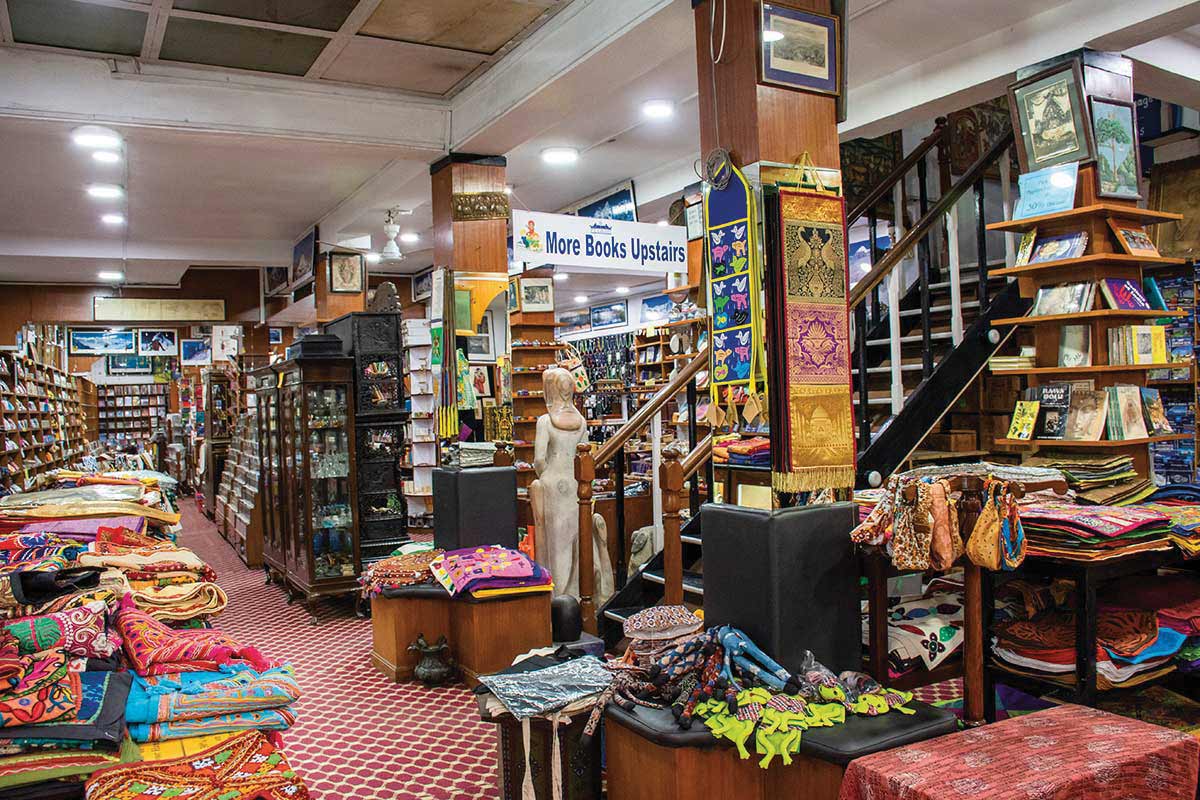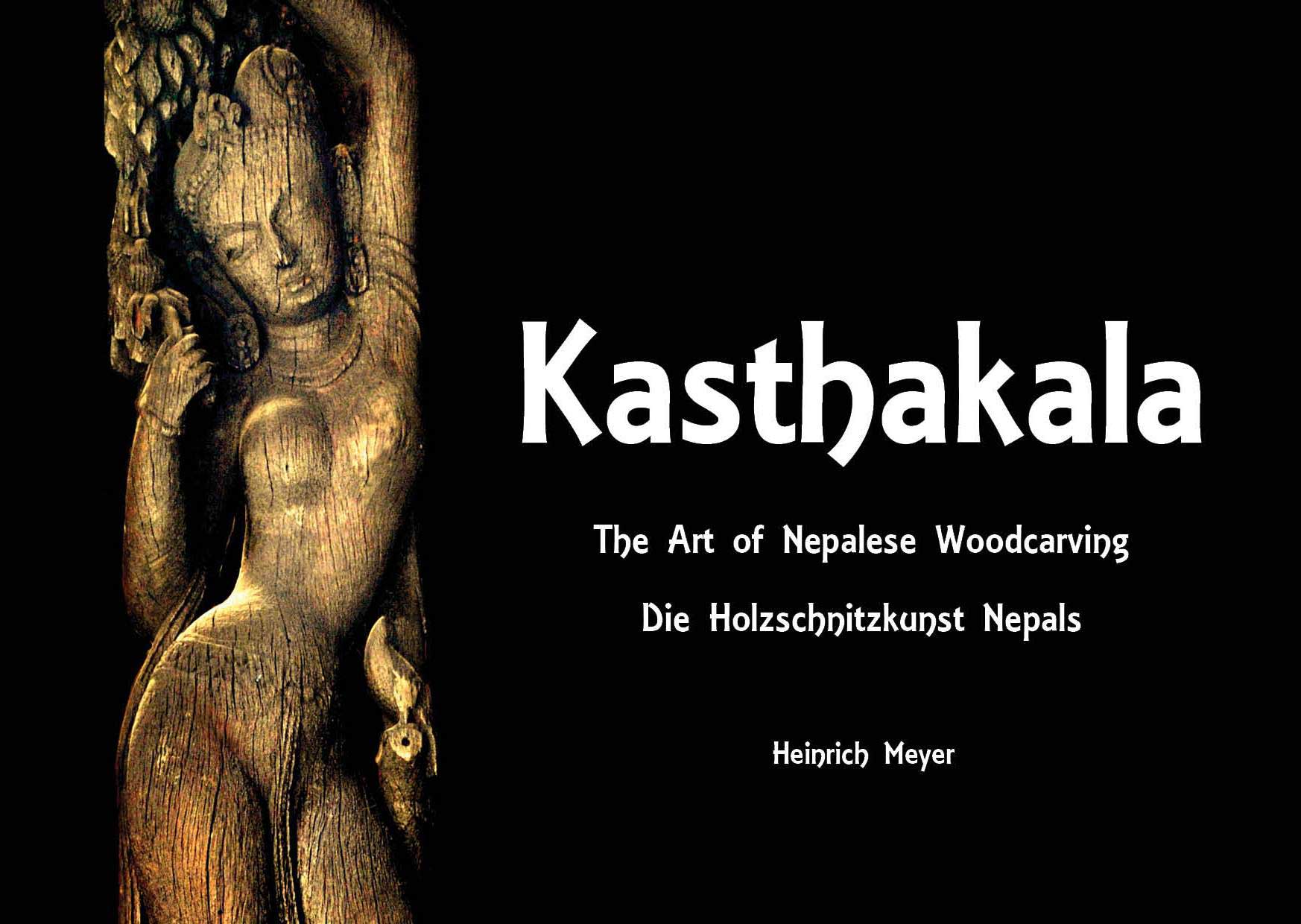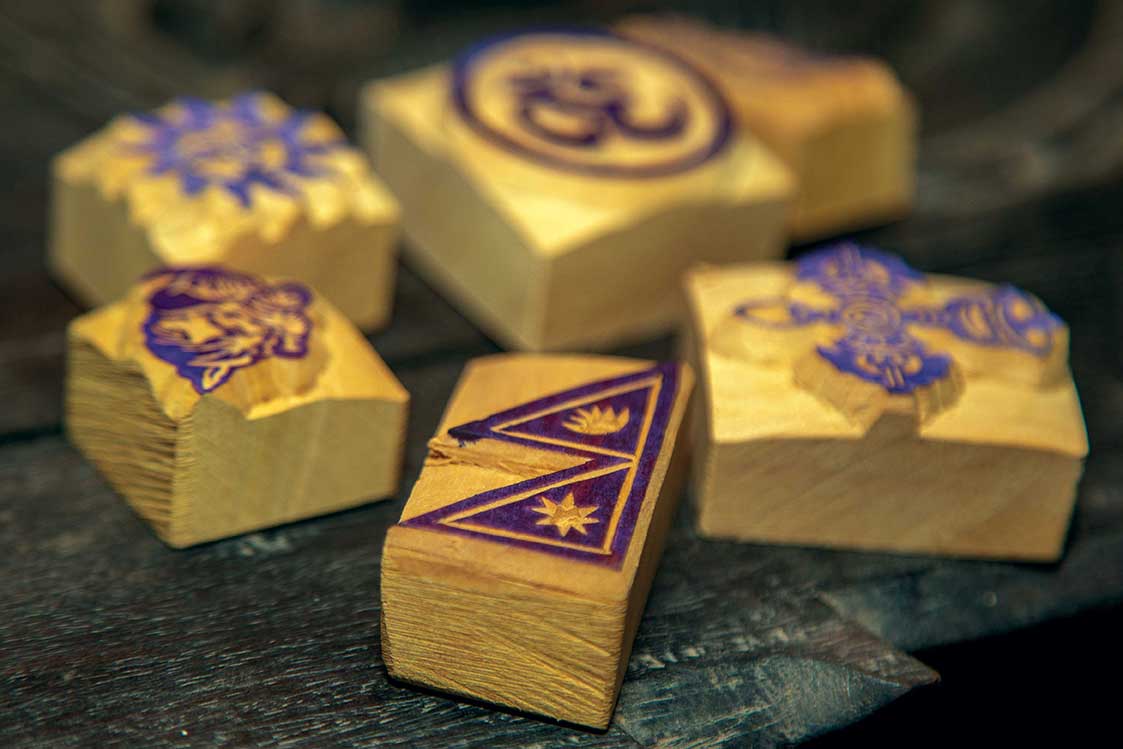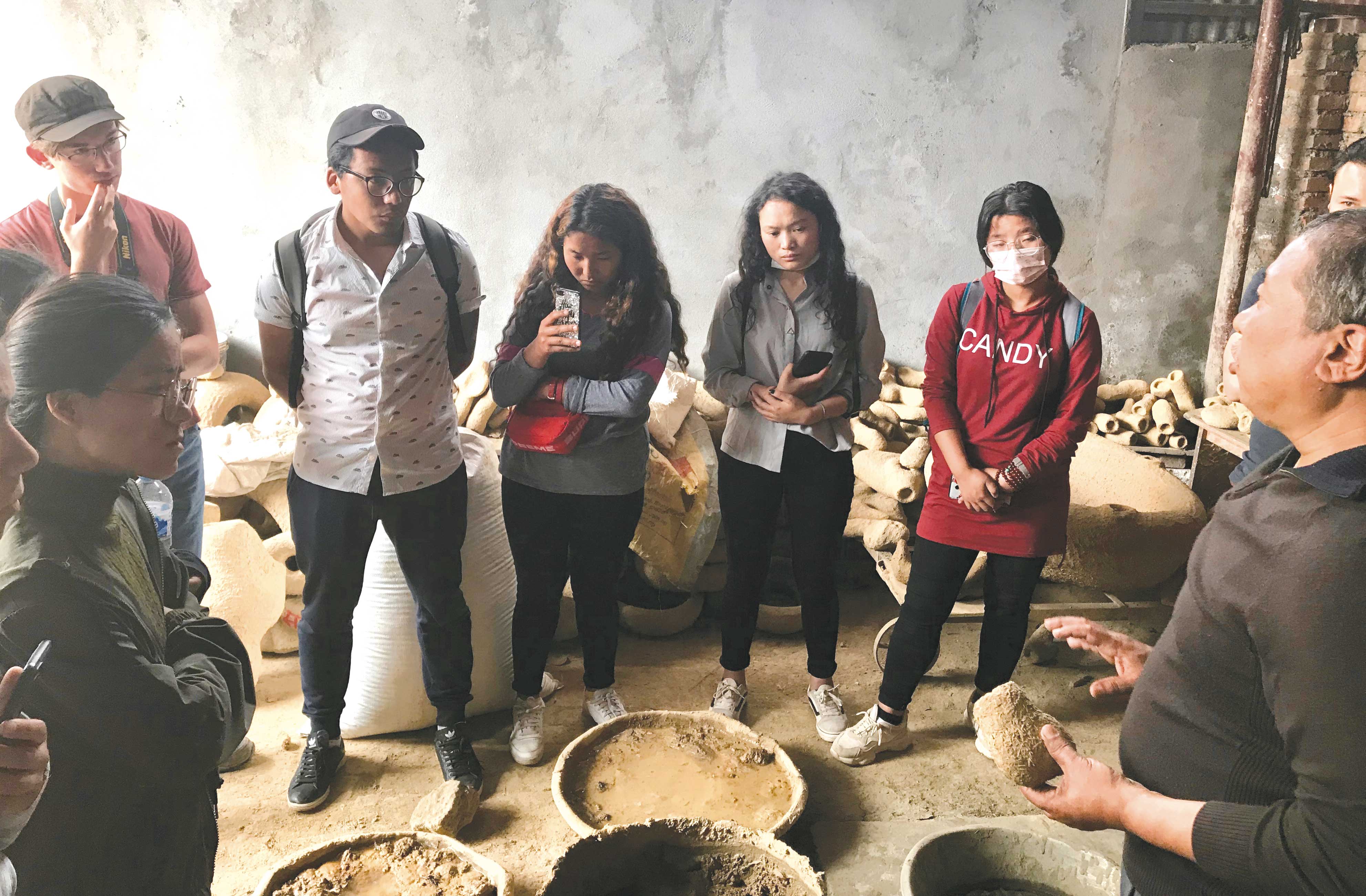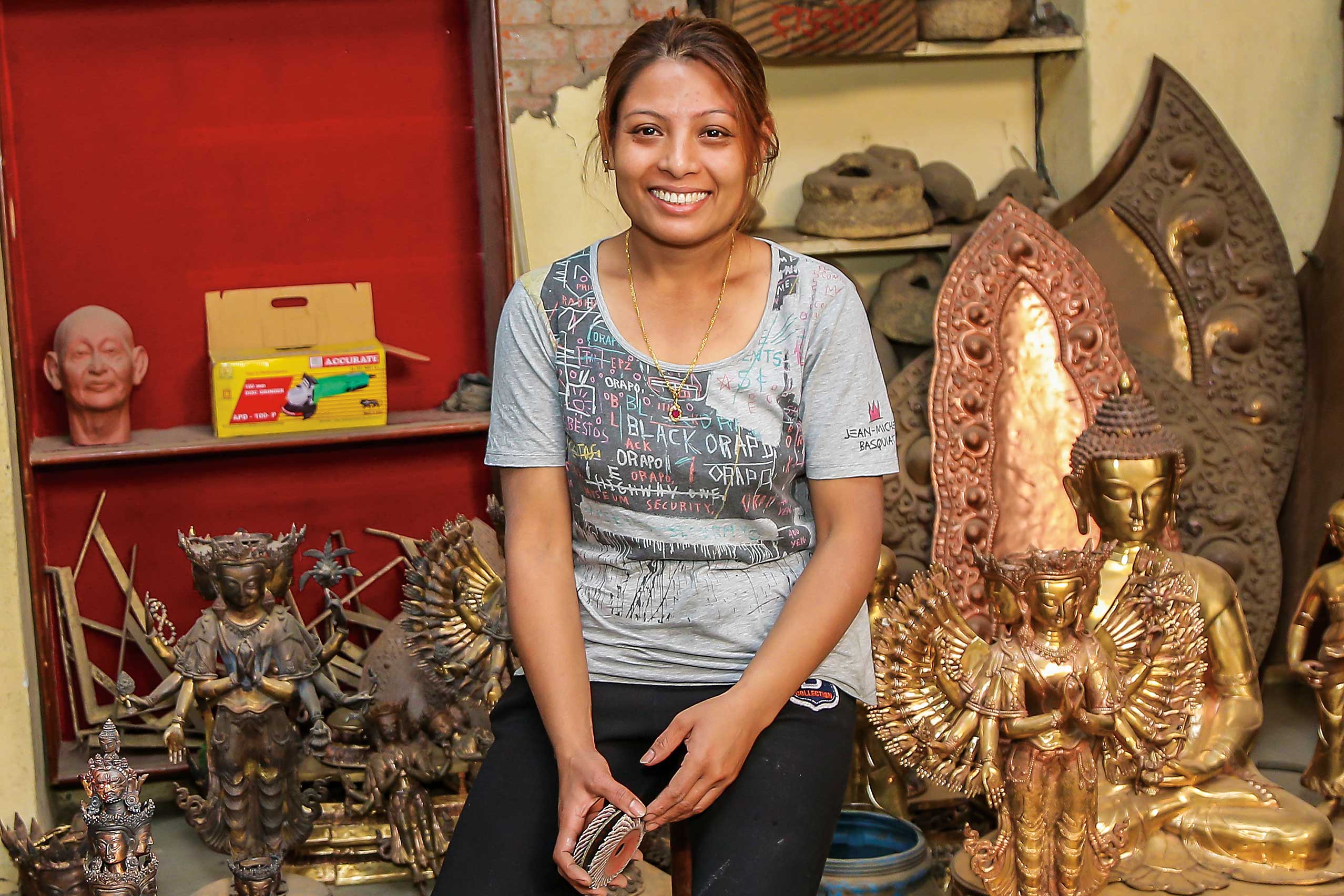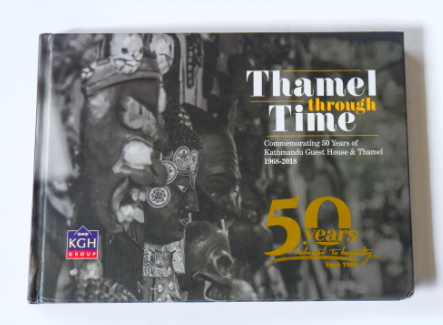Backstreet Academy provides crash courses for individuals interested in learning about Nepal’s various crafts. Mask carving, momo making, and even the art of massage are all on offer.
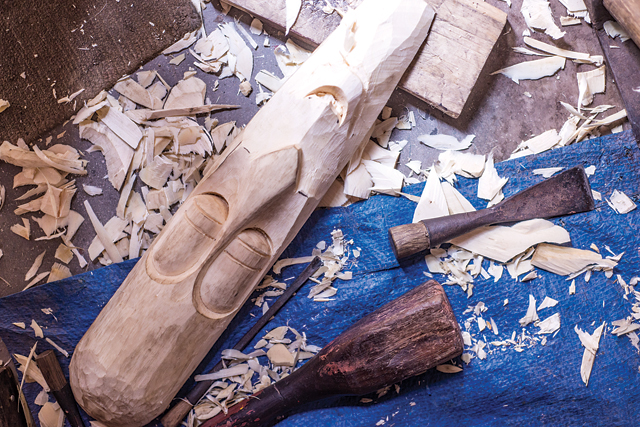
When I first heard about what Backstreet Academy was doing, I was slightly suspicious. Their cause was noble, of course; helping skilled individuals in poverty make a living while doing what they do best – sharing their skills and a piece of culture. I, however, couldn’t help but picture commercially run workshops in large classes. Pushing my reservations aside, I went ahead and signed up for a class.
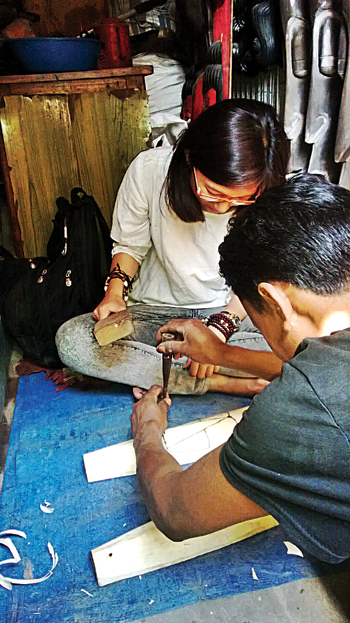 After scouring through the vast options on their website, I decided to settle on the mask carving course. I wanted something that I could proudly show off while saying,”I actually carved that!”
After scouring through the vast options on their website, I decided to settle on the mask carving course. I wanted something that I could proudly show off while saying,”I actually carved that!”
I was scheduled to meet my facilitator at a pick up point in Thamel on a bright Thursday morning. Like I had pictured earlier, I though I’d be taken to a classroom with lots of other people. Instead, to my surprise, we stopped dead in the middle of a street in Thamel, right outside a tiny mask shop.
The store was cramped with masks of all shapes and sizes, colors, and faces on every inch of the wall. I shook hands with a young man, who was later introduced as my host, Kedar Dhanuki. Dhanuki had been carving masks for more than a decade, and producing and selling his creations in Thamel for about six years.
He asked me to sit as he prepared the raw materials, which was basically just a block of wood. His tools were in a small wooden box, waiting to be put to use.
I was doubtful. How in the world was I going to carve that block of wood into a face in four hours? Dhanuki then began drawing lines on the block, which I later realized were guiding lines. Master carvers have no need for guides; whatever they do is based on gauging and estimation.
The craftsman began by introducing the tools of his trade: chisels (or ramo as they’re called in Nepali) and a mallet. Chisels come in different sizes, with each serving a specific purpose. The wood was from a peepal tree, said to be sacred for Hindus. Peepal is a popular choice for masks because it is soft and, hence, easy to carve.
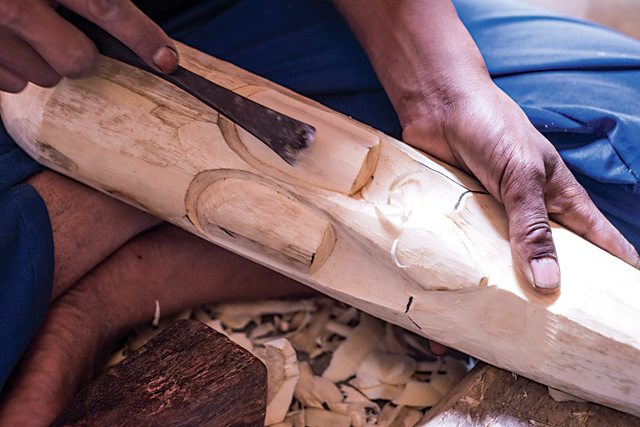
Dhanuki then showed me how to angle the chisel to produce a specific cut, and proceeded to guide my nervous hands to produce actual cuts on the wood. “I’m going to ruin this piece of wood,” I thought, as I hammered it weakly. But the craftsman kept encouraging me, nodding with approval every time I stuck the chisel into the wood and hammered the mallet with brute force. I soon got really into it and my excitement level increased.
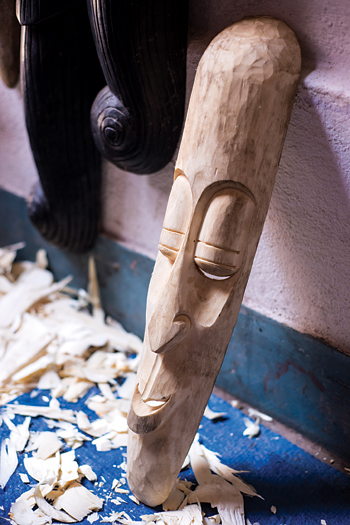 After Dhanuki and I finished a specific section on the wood, he would demonstrate the next step and then urge me to try. He guided me closely while my amateur hands struggled to angle the chisel. Slowly, as I watched in awe and wonder, the block of wood metamorphosed into a beautifully carved face. I couldn’t believe I had a hand to play in that work of art.
After Dhanuki and I finished a specific section on the wood, he would demonstrate the next step and then urge me to try. He guided me closely while my amateur hands struggled to angle the chisel. Slowly, as I watched in awe and wonder, the block of wood metamorphosed into a beautifully carved face. I couldn’t believe I had a hand to play in that work of art.
What I really enjoyed was sitting on the floor of Dhanuki’s shop, covered in wood shavings, working alongside the craftsman. The experience didn’t feel commercial, and it was amazing learning one-on-one with a master. Being surrounded by masks and working like they do (on the floor with my feet supporting the block of wood), was the most authentic way of learning carving.
The courses offered by Backstreet Academy are different – in the sense that the classes are carried out in the most logical place possible. Where else other than where the masters hone their craft, and feel the most comfortable in? Be it on the floor of their shop or their kitchen at home, the course allowed me a sneak peek into their way of life– which was exactly what Backstreet Academy said they would provide.


